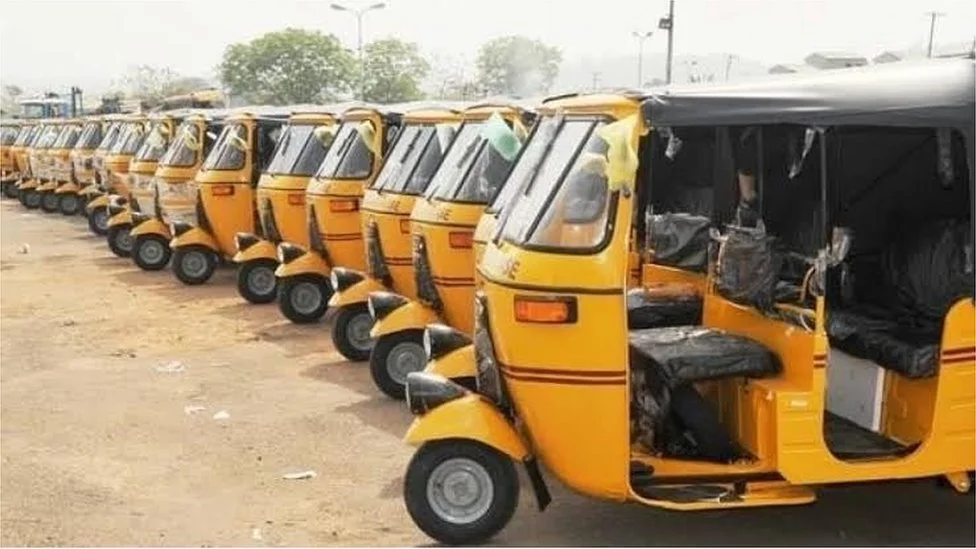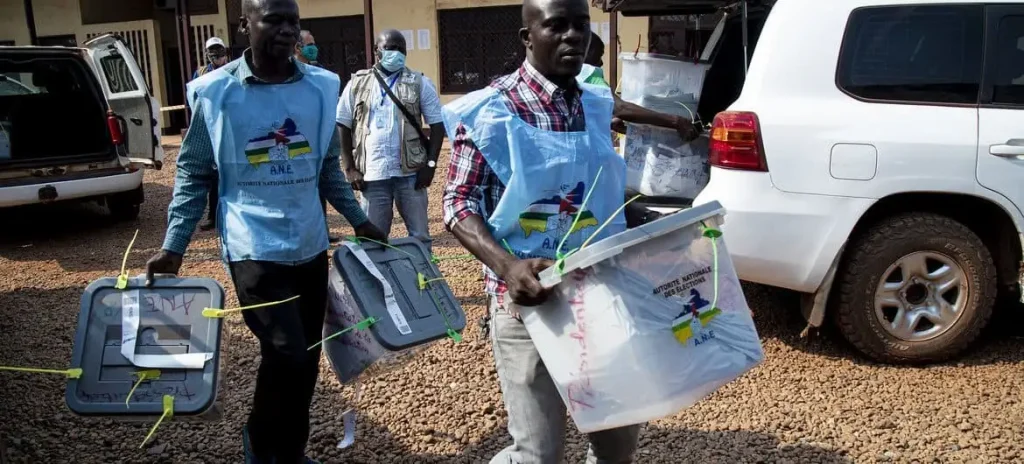Commercial motorcycle operators in Ghana, popularly known as “Okada,” are urging the government to legalize their operations following a National Insurance Commission (NIC) directive prohibiting insurance companies from issuing policies for motorcycles and tricycles used for commercial purposes, except for courier and delivery services. The directive, reported on August 19, 2020, threatens the livelihoods of many riders who rely on Okada services to navigate Ghana’s congested urban areas, particularly in Accra.
Public Need vs. Legal Restrictions
Despite being illegal under Regulation 128 of the Road Traffic Regulations, 2012 (LI 2180), which bans motorcycles and tricycles from carrying fare-paying passengers, Okada services remain widespread due to their affordability and ability to bypass traffic. The sector fills a critical transportation gap, especially for low-income Ghanaians, but is linked to road safety issues, with a 2021 study in Hohoe reporting 59.2% compliance with safety regulations among riders and a high proportion of road traffic accidents (RTAs) in regions like Volta, where 39.6% of RTA deaths occurred.
Riders’ Pleas for Legalization
Okada operators, like Enoch, who has worked in the sector since 2011, expressed frustration to Citi Business News, stating the NIC’s directive could halt their operations and income. “If we are not insured, we cannot operate and earn a living,” he said, urging reconsideration. Mussa, another rider, promised compliance with road regulations if legalized, while Williams warned that without legal status and insurance, operators might turn to crime due to job scarcity, highlighting Ghana’s 14% unemployment rate.
Debate Over Legalization
The call for legalization has divided public opinion. Middle and upper-class groups, including the Ghana Medical Association, advocate for a ban, citing frequent accidents and indiscipline, with Korle Bu Teaching Hospital reporting significant Okada-related injuries.
Conversely, supporters like the IMANI Center argue that formalizing the sector could reduce unemployment, enhance safety through licensing and training, and ensure proper insurance coverage, protecting riders and passengers. Legalization could also enable taxation and foster financial inclusion via access to microfinance and social security.
Insurance and Safety Challenges
The NIC’s directive aligns with the Insurance Act, 2021 (Act 1061), which mandates motor third-party liability insurance but excludes commercial motorcycles due to their illegal status. Insurers are reluctant to cover Okada due to high accident risks, with claims potentially threatening their capital reserves.
A 2025 article noted that “commensurate” premiums would be unaffordable for most operators, leaving passengers and third parties vulnerable. The Motor Vehicles (Third Party Insurance) Act, 1958, further complicates coverage for unregistered commercial vehicles.
Proposed Reforms and Future Outlook
In April 2025, the John Dramani Mahama government proposed amending LI 2180 to legalize Okada, introducing strict regulations: a minimum age of 25, commercial rider licenses, proficiency tests, mandatory helmets, and unique yellow license plates. Operators must join licensed unions or companies, with penalties of 100 penalty units or imprisonment for non-compliance. These measures, inspired by Rwanda’s model, aim to improve safety and regulation but face enforcement challenges, as seen in Kenya and Uganda, where legalized Okada operations led to increased crashes.
Balancing Safety and Livelihoods
The government faces pressure to balance economic inclusion with road safety. The proposed framework requires collaboration with the Ghana Standards Authority for helmet standards, a dedicated Motorcycle Enforcement Unit, and restrictions on carrying children under 12 to reduce risks. With 90% of Ghana’s workforce in the informal sector, legalizing Okada could boost insurance penetration, currently at 1% of GDP, but robust enforcement and public education are critical to success.






